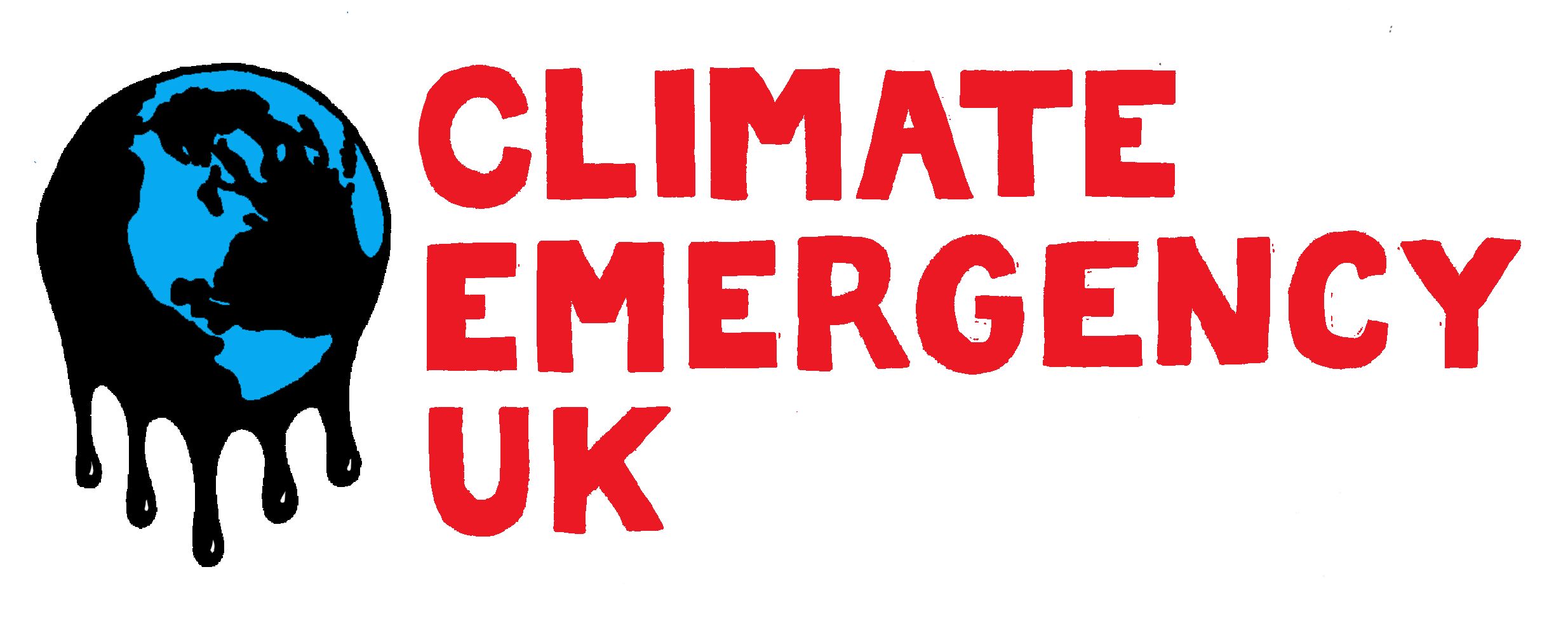120 1st (Unitary, County, Metropolitan, City Region) & 2nd (District, Borough, City) tier Councils have declared a ‘Climate Emergency’. 73 of these have set a target date by 2030.
The full list is here

A Climate Emergency declaration issued by a body in authority, such as a government or local council, can be a powerful catalyst for community-wide action if paired with a clear action plan.
People expect an emergency announcement when there is a life-threatening situation, and will hesitate to take any action themselves if nobody else appears to be taking the threat seriously. Think of a fire alarm. People might initially think it is just a drill, and will ignore it if everyone else does. But as soon as someone who is considered to be a leader says the fire is indeed real and points out the safest exit to use, everyone will drop what they are doing and evacuate. Read More
For a Council to have been considered to have called a ‘Climate Emergency’, they must have used these words in a motion or Executive decision, and also have set a target date, or be considering setting one consistent with the IPCC Report of October 2018.. They must also have set up a working group, to report within a short timescale (ideally 6 months) that engages a cross section of the community. We’re seeing Citizen’s Assembly (Lancaster) being set up as part of the process.
Read our Campaign Guide to get your Council to declare a ‘Climate Emergency’. See if there is a petition to sign for your Council here. You can find details of your local Councillor here to ask them for their support. If you haven’t already switched, you can take your money out of fossil fuels by choosing a supplier that offers 100% renewable energy (and you will probably save money too). There are lots of individual actions you can take, such as eating less meat & dairy and travelling by public transport – see this article from the BBC for some ideas.
